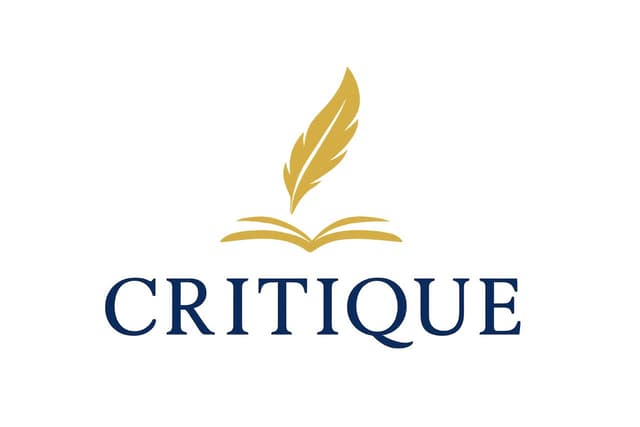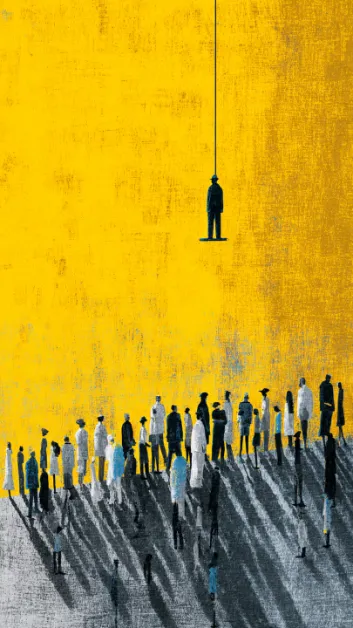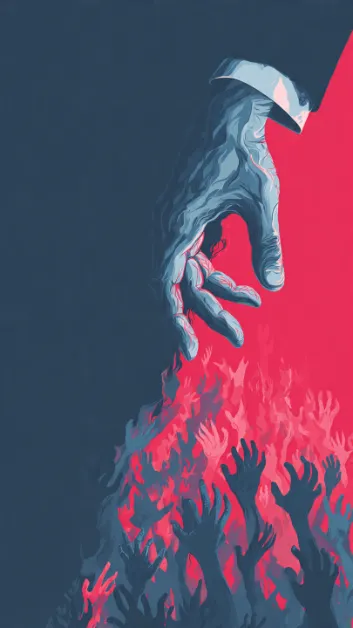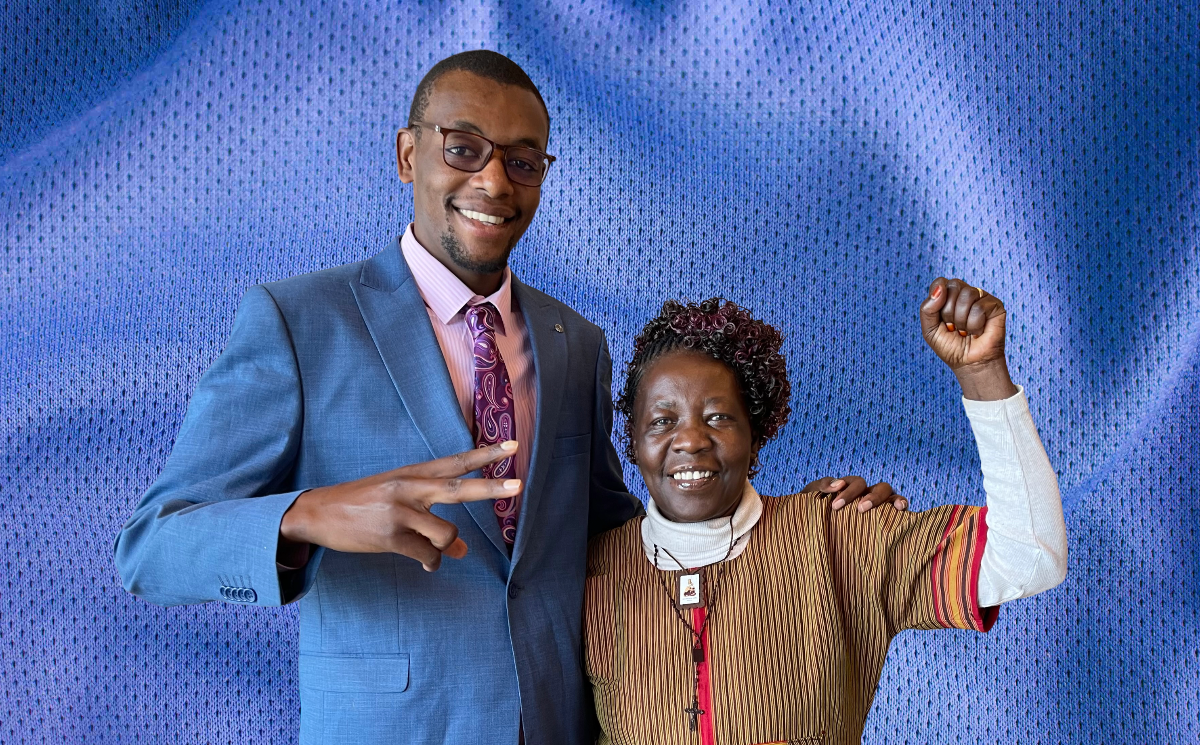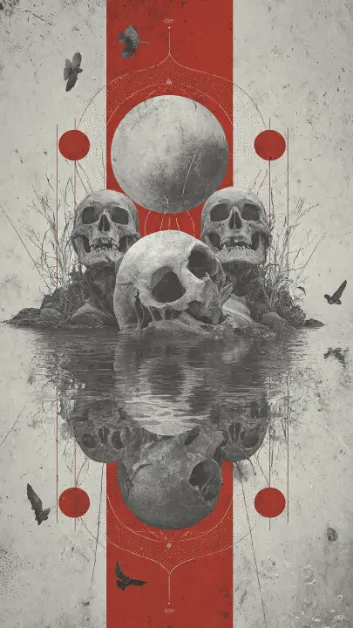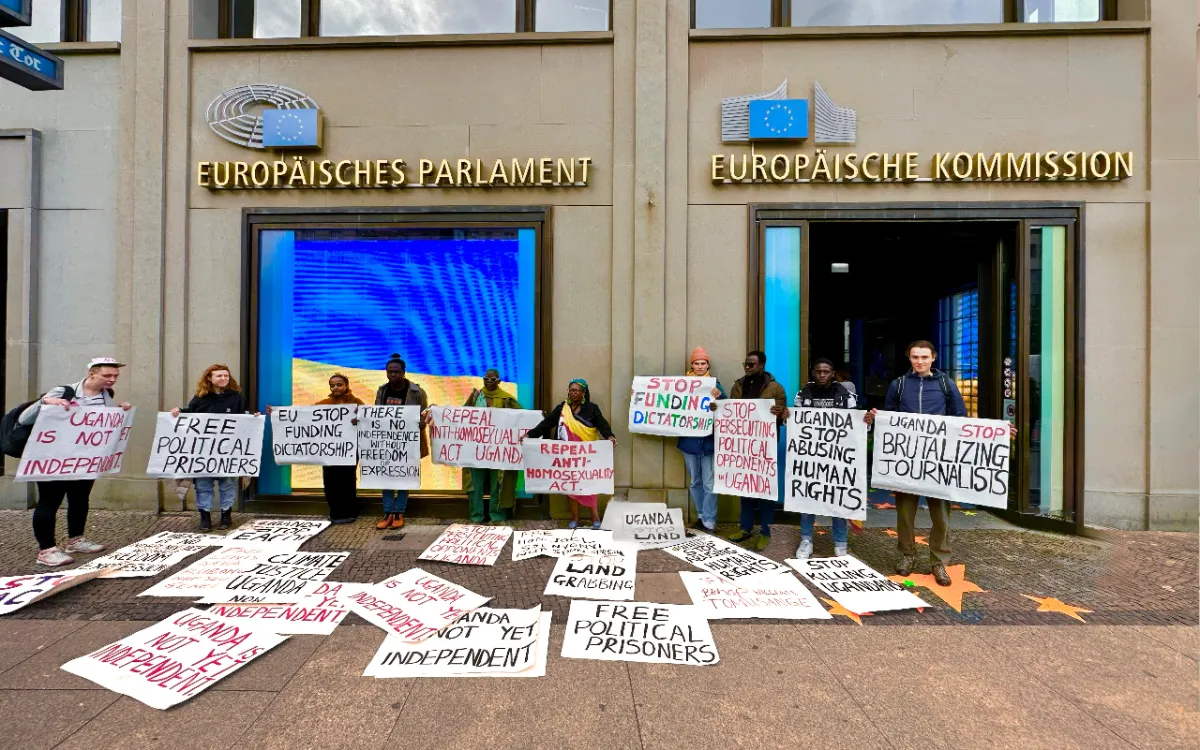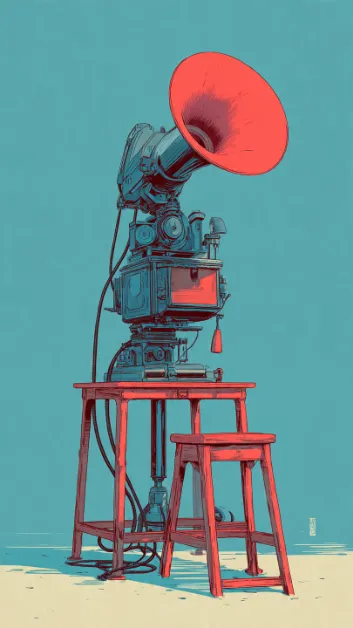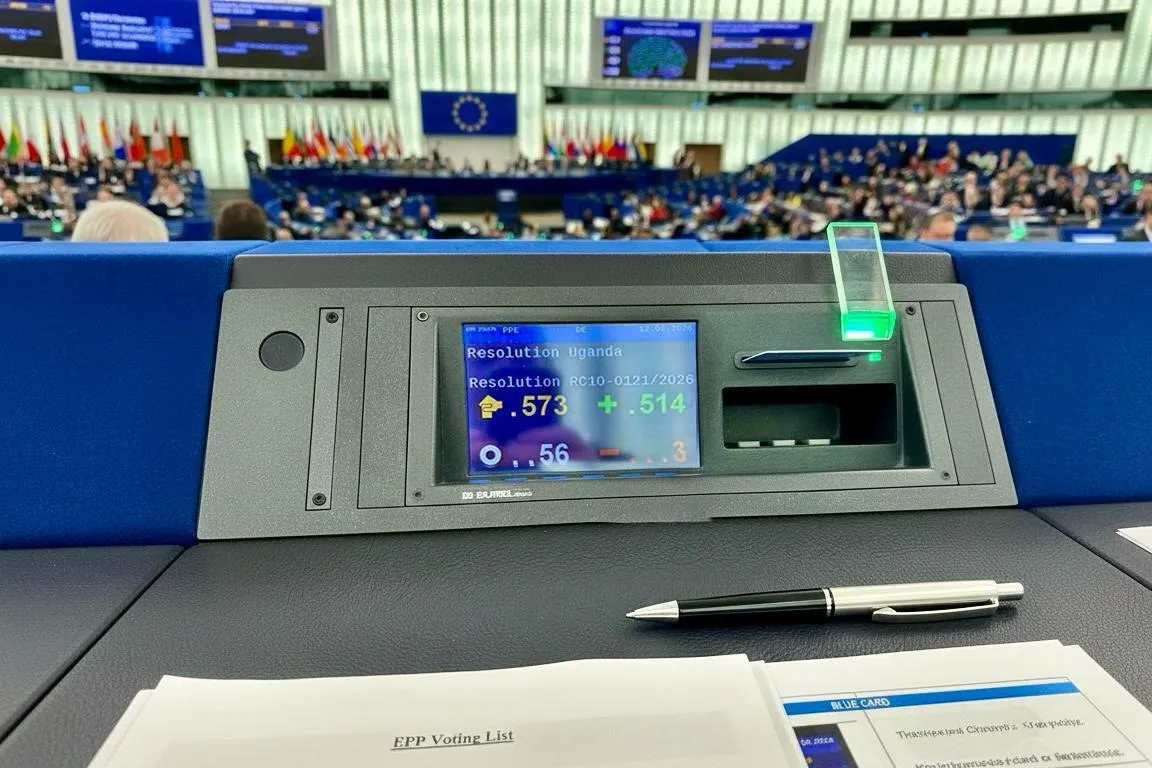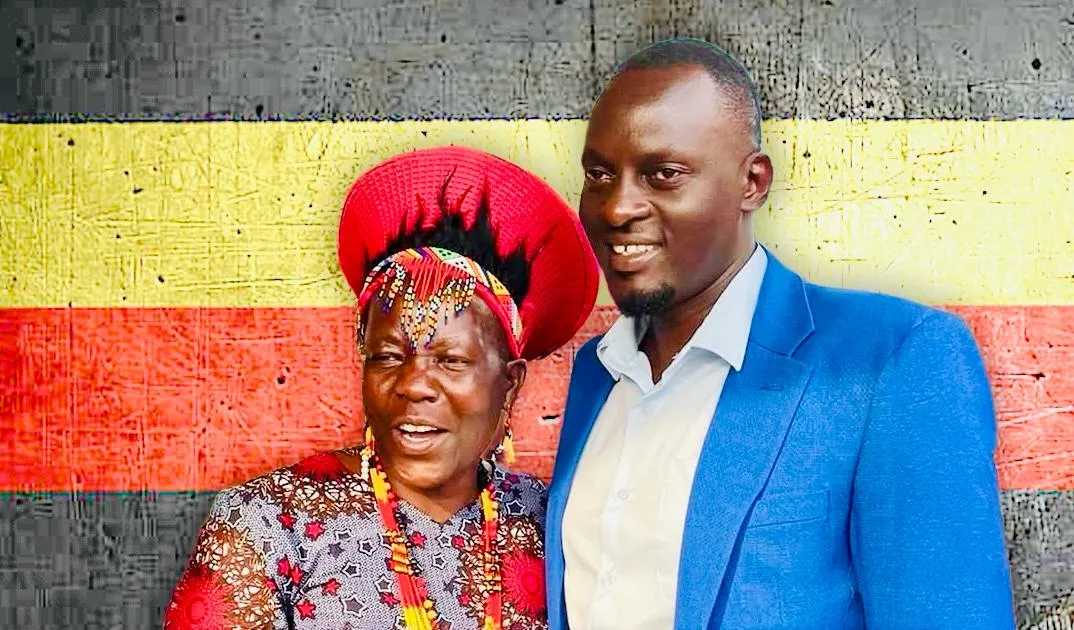
Will Productivity Conceal Uganda’s Coffee Legacy?
Uganda debates merging coffee authority with the agriculture ministry, risking quality and reputation.

08 Nov, 2024
Share
Save
J.K. Galbraith once noted, "Faced with a choice between changing one’s mind and proving there is no need to do so, almost everyone gets busy with the proof." This observation comes to life as Uganda's Parliament debates the contentious National Coffee Amendment Bill. On the surface, the bill aims to merge the Uganda Coffee Development Authority (UCDA) with the Ministry of Agriculture, streamlining operations and cutting costs. But beneath this seemingly logical move lies a deeper question: are we risking the very foundation of Uganda’s coffee heritage in pursuit of administrative tidiness?
Coffee in Uganda is more than a crop; it is history, culture, and identity brewed into each bean. It is the livelihood of hundreds of thousands of Ugandans, yet now stands at risk of being diluted into bureaucracy. The irony is clear: to save money, we might end up sacrificing what brings Uganda millions in foreign revenue each year. In choosing between preserving the UCDA’s specialized structure or folding it into the broader operations of the Ministry of Agriculture, Parliament risks reducing Uganda's vibrant coffee sector to just another line item in a sprawling national budget.
Does the pursuit of efficiency create a paradox?
At the heart of the debate is a paradox. Supporters of the bill argue it’s a practical move—a way to "optimize" resources by placing coffee under the watchful eye of the Ministry of Agriculture, which already oversees other crop sectors. Yet critics see this as a perilous decision, like asking a painter to suddenly lead a symphony orchestra. Each requires finesse, but they are not the same. The coffee industry demands technical precision, global certification standards, and a depth of knowledge unique to the UCDA, which has honed these skills for years. Critics argue that entrusting this to a ministry not solely dedicated to coffee would be akin to stirring tea with a machete.
As Tolstoy observed, “The simplest thing cannot be made clear to the most intelligent man if he is firmly persuaded that he knows already.” This rings true in Parliament as proponents insist on the merger’s potential benefits, while opponents warn of inevitable damage to Uganda’s coffee quality and reputation.
Is Uganda ready to take a stand for its coffee identity?
In a symbolic act, some opposition members stood in Parliament to voice their resistance. This wasn’t just a protest; it was an embodiment of resistance against what they see as erasing a cherished industry’s legacy. Speaker Anita Among remained undeterred, urging the debate forward. The standoff encapsulated a larger question: what do we value more—the potential savings or the irreplaceable cultural and economic wealth rooted in Uganda's coffee industry? For critics, to "stand" for coffee was more than a physical gesture; it was a call to safeguard an industry that has held its ground in global markets through the expertise and focus of the UCDA.
Can logic triumph over cultural identity in Uganda's coffee debate?
As James Clear has suggested, humans are social beings driven not only by truth but by belonging. In this debate, the logic of efficiency clashes with the cultural significance of coffee, which remains vital to Uganda’s social fabric. The Ministry of Agriculture might bring the coffee sector under its control, but critics ask if this will sever the bonds forged by UCDA’s specialization. This isn't just about facts and figures; it’s about community and connection, both locally and globally.
To the bill’s opponents, dismantling the UCDA is tantamount to uprooting a tree that has sheltered the livelihoods of thousands, risking coffee’s special place in the hearts and economies of Ugandans. But proponents, like soldiers in a logical battle, argue for practicality and budgetary prudence. Yet this “practicality” could strip coffee of the artistry and quality that set Uganda apart, leaving it a hollow shell of its former self.
Will efficiency or tradition prevail?
As Parliament deliberates, Uganda faces a fundamental choice. It must decide whether to prioritize efficiency and control or to preserve the autonomy and expertise that have made its coffee famous worldwide. Change is often essential, but some argue that Uganda’s coffee, like fine wine, requires its unique handling, not a one-size-fits-all approach.
Whether the bill passes or not, the debate has shed light on the risks of oversimplifying the complex web of Uganda’s coffee industry. In a country where coffee is so much more than just an export, the decision made in Parliament will resonate for years to come. Perhaps, as the British philosopher Alain de Botton suggests, the best way forward lies not in abstraction but in truly understanding the roots of what makes coffee so essential to Uganda.
About the author
Abdullatif Eberhard Khalid (The Sacred Poet) is a Ugandan passionate award-winning poet, Author, educator, writer, word crosser, scriptwriter, essayist, content creator, storyteller, orator, mentor, public speaker, gender-based violence activist, hip-hop rapper, creative writing coach, editor, and a spoken word artist. He offers creative writing services and performs on projects focused on brand/ campaign awareness, luncheons, corporate dinners, date nights, product launches, advocacy events, and concerts, he is the founder of The Sacred Poetry Firm, which helps young creatives develop their talents and skills. He is the author of Confessions of a Sinner, Vol. 1, A Session in Therapy, and Confessions of a Sinner, Vol. 2. His poems have been featured in several poetry publications, anthologies, blogs, journals, and magazines. He is the editor of Whispering Verses, Kirabo Writes magazine issue 1 and edits at Poetica Africa.
